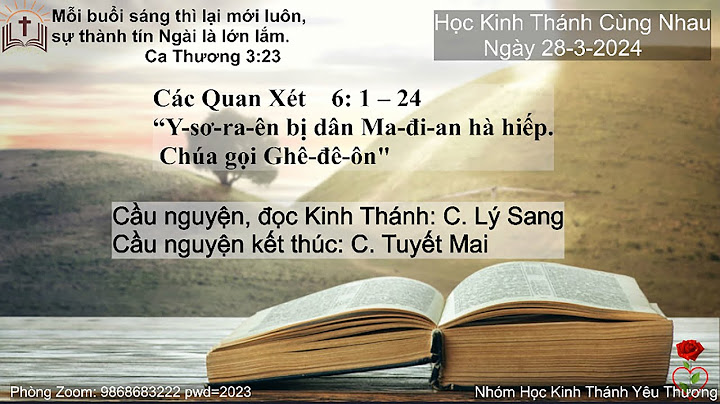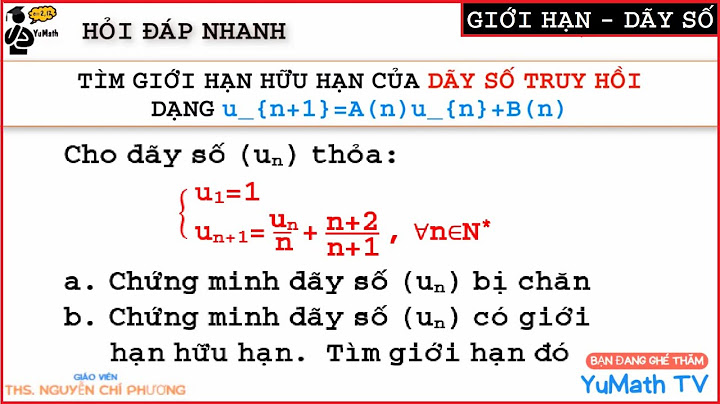We are pleased to welcome you to the ICSE 2022 Track on Software Engineering Education and Training (SEET). This track is recognized as the premier venue for researchers and educators to meet and discuss their research and experiences on software engineering education and training. Building on this legacy, we are delighted to include a diverse and thought provoking program that we hope will stimulate educators of the next generation of software engineers. Show Proceeding DownloadsCan pre-class github contributions predict success by student teams?
Over one million teachers, students, and schools around the world use GitHub to reach their learning goals. GitHub promotes teamwork, and group or team projects are a necessary element of the software-engineering curriculum. Past studies on GitHub have ... Global software engineering in a global classroom
Due to globalization, many software projects have become large-scale and distributed tasks that require software engineers to learn and apply techniques for distributed requirements analysis, modeling, development, and deployment. Globally-distributed ... In recent years, innovative software and systems technologies have been rapidly adopted with increasingly widespread but uncertain impacts. These technologies include various forms of AI; big data and data science; blockchain and distributed ledgers; augmented, virtual, and extended reality; low-code/no-code platforms; and even quantum computing (among others). By their novel nature, these new technologies and applications demand new approaches to software and systems development. Beyond that, the novelty and uncertainty surrounding these technologies and applications requires new and more effective approaches and processes to assuring correctness, understandability, predictability, responsibility, security, ethics and other vital qualities of our software and systems. At the same time, many of these new technologies may have applications within the software life cycle. So the question naturally arises, can we put technologies such as AI, blockchain, low code, and big data, to work in improving our ability to develop, manage, and apply new software and systems applications. We can even ask whether it will become essential to do so. ICSSP 2023 is focusing on software and systems processes for and with these new technologies, as well as on incorporating these new technologies into new modes of working in software and systems development for business, government, society, and the environment. ICSSP 2023 aims to bring together researchers and practitioners to share their research findings, experiences, and new ideas on diverse topics related to software and system processes. For 2023, the theme of the conference is: "Software and System Processes for and with Emerging Technologies". The goal is to advance both the state of the research and the state of the practice by applying innovative ideas from different fields of research to the future of software and system engineering processes. Topics of InterestSubmissions must be related to software and systems, and we are especially interested in, but not limited to, papers addressing the topics in the following list: Software and System Processes for and with Emerging Technologies
Methods and Processes
Business Strategy
Trust in System and Software Processes
SubmissionsSubmissions are invited for unpublished original work in the following categories:
Important DatesFull and Short Research Papers
Industry Talks
Submission Requirements and PoliciesAll submissions must conform to the ICSSP 2023 formatting and submission instructions and must not exceed the given page limits for the applicable type of submission. All submissions must be in English. Page limits include all text, figures, tables, references, and appendices. Only research papers are permitted up to two more pages containing only references. The page limit is strict, and purchase of additional pages in the proceedings is not allowed at any point in the process (including after the paper is accepted). All submissions must be in PDF. Formatting - Submissions must conform to the IEEE conference proceedings template, specified in the IEEE Conference Proceedings Formatting Guidelines (title in 24pt font and full text in 10pt type, LaTeX users must use \documentclass[10pt,conference]{IEEEtran} without including the compsoc or compsocconf options). Submissions must strictly conform to the IEEE conference proceedings formatting instructions specified above. Alterations of spacing, font size, and other changes that deviate from the instructions may result in desk rejection without further review. Submission Site - Submissions must be made through the ICSSP2023 submission site (https://icse2023-icssp.hotcrp.com/) no later than the applicable submission deadline. Be sure to direct your submissions correctly and select the appropriate submission type when uploading your submission. We encourage authors to upload their paper info early (and can submit the PDF later, but still before or on the date of the submission deadline AoE) to support the management of the review process. Plagiarism Policy - By submitting to ICSSP 2023, authors acknowledge that they are aware of and agree to be bound by the ACM Policy and Procedures on Plagiarism and the IEEE Plagiarism FAQ. In particular, papers submitted to ICSSP 2023 must not have been published elsewhere and must not be under review or submitted for review elsewhere whilst under consideration for ICSSP 2023. Contravention of this concurrent submission policy will be deemed a serious breach of scientific ethics, and appropriate action will be taken in all such cases. To check for double submission and plagiarism issues, the chairs reserve the right to (1) share the list of submissions with the PC Chairs of other conferences with overlapping review periods and (2) use external plagiarism detection software to detect violations of these policies. Any submission that does not comply with these requirements may be desk rejected by the PC Co-Chairs without further review. Notice: The official publication date is the first day of the conference. The official publication date affects the deadline for any patent filings related to published work. Proceedings - The proceedings will be published by IEEE, and will appear in the IEEE Xplore. The proceedings will only contain papers that have been presented at ICSSP 2023 and for which at least one author has registered. Reviewing - All submissions will be peer-reviewed by the ICSSP 2023 program committee members. Each submitted research paper will receive reviews from at least three members of the specific program committee. ICSSP 2023 does not employ double-blind review process. Requirement to Register, Attend, and Present - Upon notification of acceptance, authors of accepted papers will be asked to complete a copyright form and will receive further instructions for preparing their camera-ready versions. At least one author of each accepted paper is expected to register for and attend the ICSSP 2023 and present the work. The organizers have the right to withdraw papers from the proceedings if there is no associated registration by two weeks past the authors' registration deadline. All accepted contributions with at least one registered author will be published in the conference electronic proceedings and appear in the IEEE Xplore. Open Science Policy - ICSSP 2023 encourages authors to submit artifact packages and/or data sets with their papers, for the sake of transparency, reusability, replicability, and/or reproducibility, as well as for facilitating the peer review process. The following guidelines are recommendations and are not mandatory. Your choice will not affect the review process for your paper. Should you decide to embrace this policy, we strongly encourage you to archive empirical datasets on Zenodo or Dataverse, following Google guidelines to dataset providers, and share analysis scripts on freely accessible code repositories such as GitHub, GitLab, and Bitbucket. Self-Archiving - ICSSP 2023 also encourages authors to self-archive a preprint of your accepted manuscript in arXiv.org or other similar open repositories. This is permitted by the ACM publisher. Note that the final version of the paper, as laid out by the publisher, cannot be self-archived. Instead, manuscripts with reviewer comments addressed must be used, but before applying the camera-ready instructions and templates. |




















